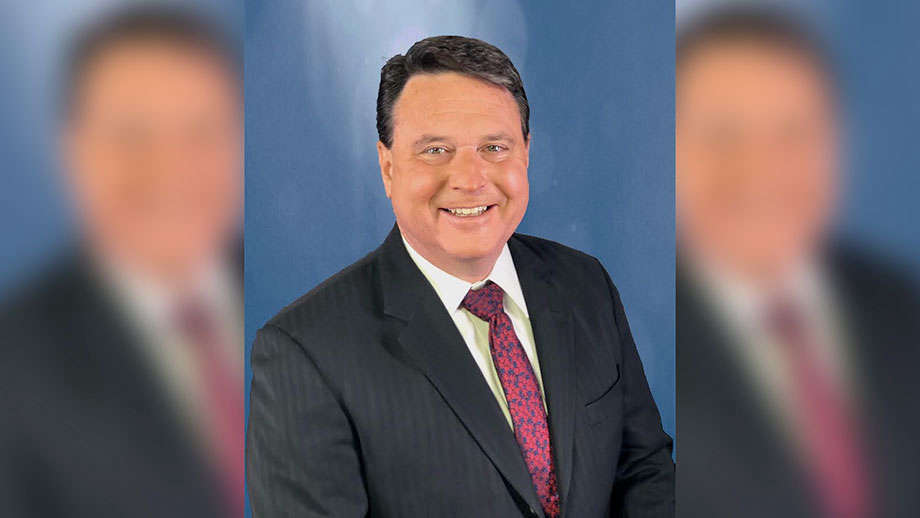
The First Amendment does not prevent states from requiring online purveyors of pornography to implement reasonable age-verification measures to protect children from harm.
As co-leader of a 24-state coalition, Attorney General Todd Rokita pressed this point in an amicus brief filed with the U.S. Supreme Court recently.
The court is considering a constitutional challenge to a Texas law requiring websites hosting large amounts of obscene material harmful to children to implement a reasonable age-verification system. That law is similar to an Indiana law passed by the General Assembly. It reflects that states have long had the authority to prevent minors from accessing obscene materials, including pornography.
“Not only do states have the authority to prevent pornography websites from providing children with hardcore porn, but they have a responsibility to do so,” Attorney General Rokita said. “The truth is that exposure to porn — much of which touts sexual violence — causes real harm to minors. It hurts them emotionally, intellectually, psychologically, sexually and socially. So, there are compelling reasons to prevent minors from viewing pornography. Children are a precious gift from God. As a public servant, I’ll always support parents in the mission to protect our kids.”
Many other adult industries — such as alcohol, gambling and tobacco — already employ age-verification technology.


 GFD, State Fire Marshal investigating house explosion
GFD, State Fire Marshal investigating house explosion
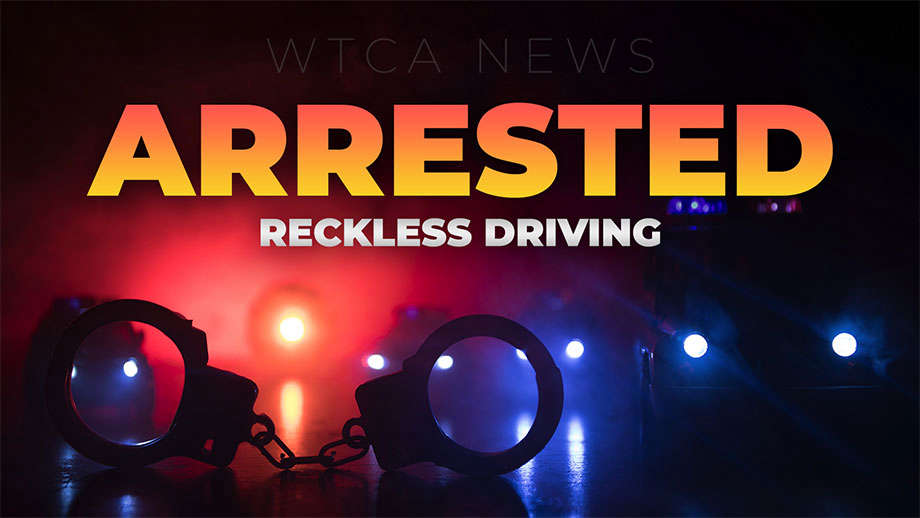 Plymouth driver arrested for traveling at 115 MPH on U.S. 31
Plymouth driver arrested for traveling at 115 MPH on U.S. 31
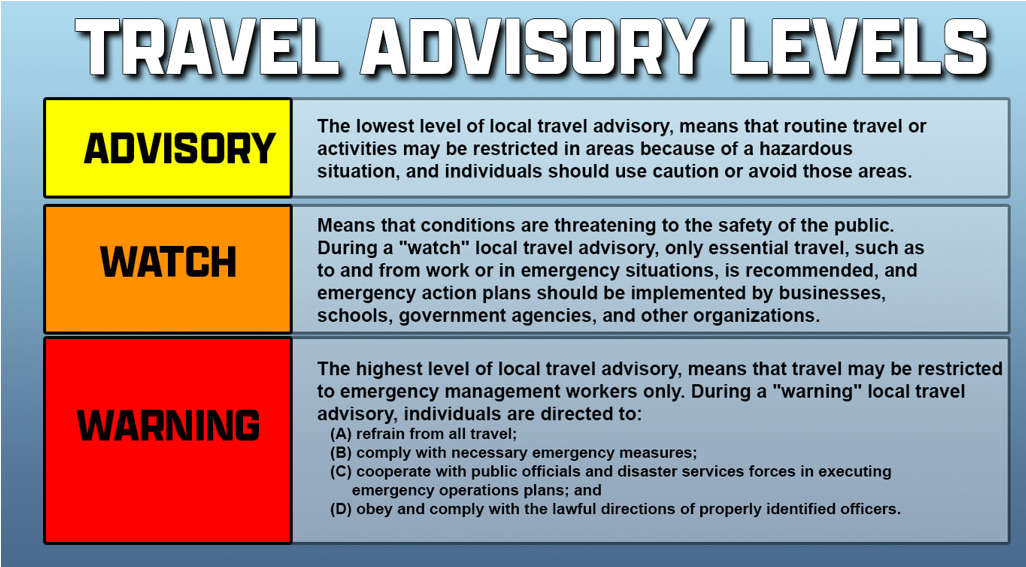 Marshall County issues Travel Advisory due to lake effect snow
Marshall County issues Travel Advisory due to lake effect snow
 Indiana Department of Education & Notre Dame awarded nearly $10 M in federal grant to strengthen literacy
Indiana Department of Education & Notre Dame awarded nearly $10 M in federal grant to strengthen literacy
 $296 Million in jackpot won at Four Wind Casinos in 2025
$296 Million in jackpot won at Four Wind Casinos in 2025
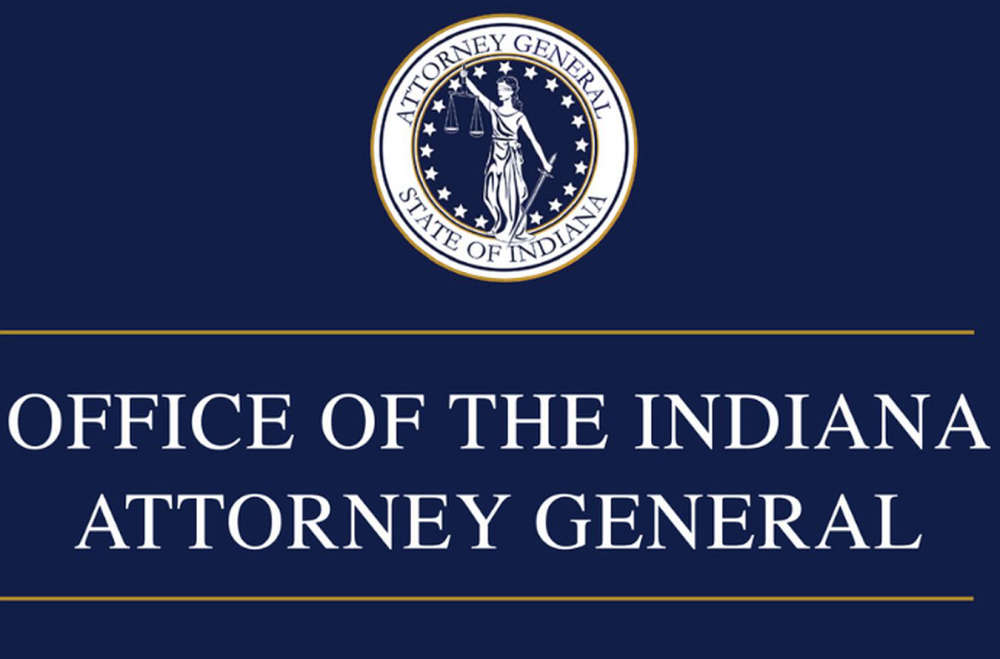 Company will pay $107,000 to resolve allegations it deceived Hoosiers about processes for securing unclaimed property
Company will pay $107,000 to resolve allegations it deceived Hoosiers about processes for securing unclaimed property
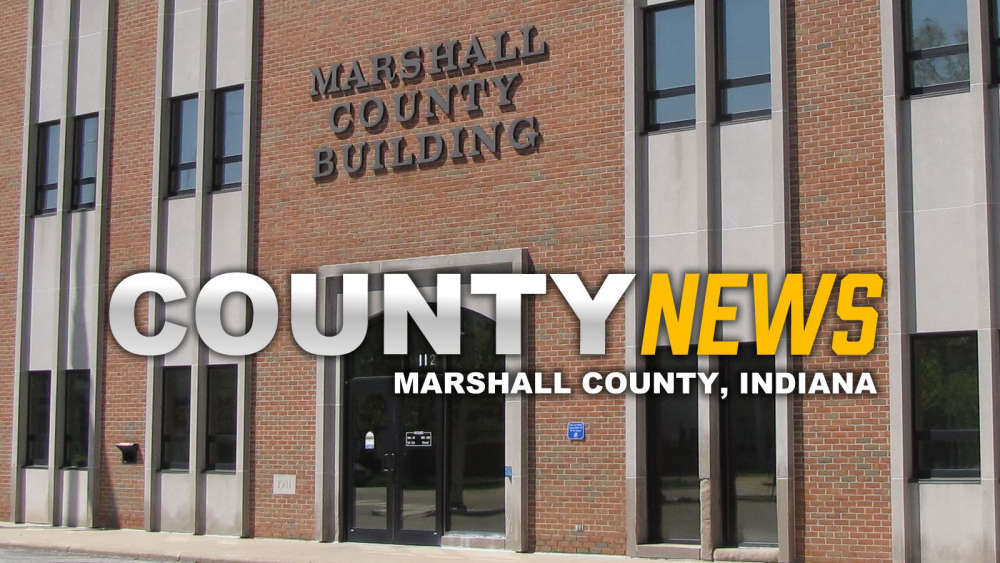 County Council updated on Regional Sewer District dissolusion
County Council updated on Regional Sewer District dissolusion
 Plymouth Police Dept. to receive surplus Fire Department Ambulance
Plymouth Police Dept. to receive surplus Fire Department Ambulance




